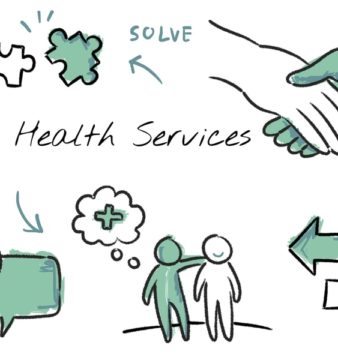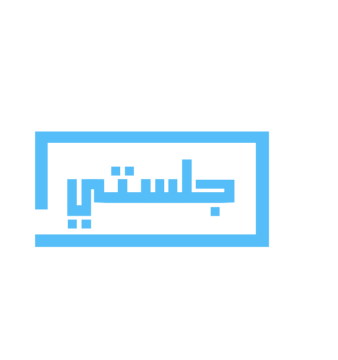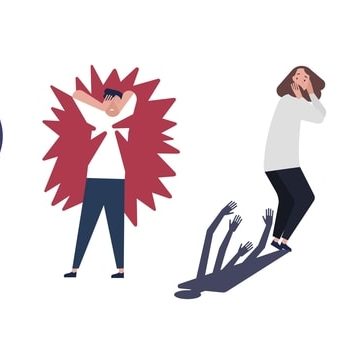B’Sarahah: New Initiative Tackling Mental Health in Sudan
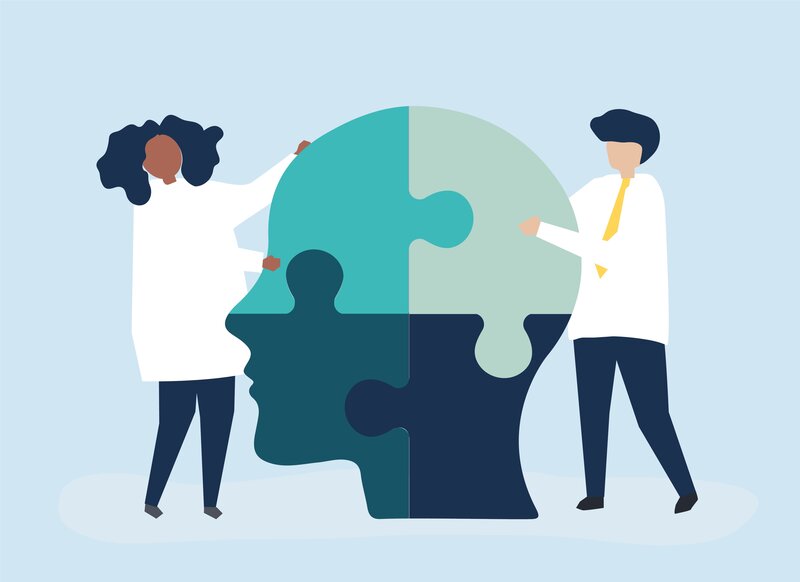
A new initiative called B’Sarahah has launched, which is an online platform to provide a community hub for Sudanese with mental health disorders.
B’Sarahah Initiative was established in 2022 by 23-year-old Samah Hashim Musa Hashim, who holds a Bachelor of Medicine and Bachelor of Surgery (MBBS) and a medical intern in Qatar.
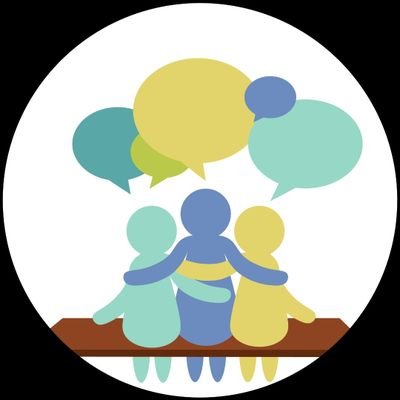
“The B’Sarahah Initiative was inspired by the trend of mental health awareness, but the lack of community for those suffering from mental health issues in Sudan. More often than not, people with mental health disorders are progressing with self-awareness, knowledge and clinical care, but are unable to openly talk about it and find adequate support within friends or family that do not experience it themselves. Thus, the initiative was created on the basis to provide a community hub for Sudanese people with mental health disorders to find support within each other,” said Samah.
ℹ About us: pic.twitter.com/A34QMnF4SW
— B’Sarahah Initiative | مبادرة بصراحة (@Honestly_sd) June 14, 2023
The platform provides evidence-based discussion of mental health and its various disorders, while serving as an appropriate referral service and a safe space for those suffering from mental health issues. It provides a community for the diagnosed and undiagnosed, and loves ones to talk about their struggles, understand more about their mental illnesses, and learn how to work through it. It also delivers legitimate information and resources regarding mental illnesses, and mental health facilities available in Sudan.
“Mental health is just as important as physical, emotional, spiritual, and social health because it has the potential of being debilitating if left neglected. It can be regarded as an essential pillar for overall health and significantly contributes to the prognosis/future of the patient. It is poorly regarded in Sudan with its increasing reported incidence, misdiagnosis and mistreatment,” said Samah.
As with much of the healthcare system in Sudan, the mental health system in the country is weak. Sudan’s current mental health landscape is exacerbated by lack of psychiatric infrastructure that limits access to mental healthcare. Although the mental health system has most types of mental health facilities; however, most of them need to be strengthened and developed further in terms of staff, treatment facilities and living facilities. Few facilities are devoted to children and adolescents.
According to WHO, patients at mental health facilities are primarily diagnosed with mood disorders (47%), schizophrenia and related disorders (16%), however, collection of such data is poor. According to Samah, the most common mental health disorders found in Sudanese patients are an anxiety disorders including generalised, social and obsessive-compulsive disorder (OCD); depression disorders including major depressive disorder (MDD) and bipolar; post-traumatic stress disorder (PTSD) and complex post-traumatic stress disorder (C-PTSD); schizophrenia; substance use disorder (SUD) and addiction disorders, including tobacco, drugs and porn; and borderline personality disorder (BPD).
B’Sarahah is currently working on establishing Sudanese Support Group Project, a large-scale support group on WhatsApp facilities by mental health providers. They currently have more 50 mental health providers on board and now need volunteers such as admins, proxies, a financial team and a media team to help run the project. “The project is still in the developing stages with 50+ mental health providers (inclusive of psychologists, psychiatrists, therapists, counselors, etc), 30+ admins and proxies, a media team, and a finance team. However, there are ongoing obstacles of attaining a sufficient number of mental health providers specialised in a variety of areas, admins with prior mental health training or volunteering experiences, and a finance team,” said Samah.
📣 We are working to develop a large-scale Sudanese support group facilitated by psychiatrists and psychologists.
— B’Sarahah Initiative | مبادرة بصراحة (@Honestly_sd) June 16, 2023
Spread the word and retweet! 🇸🇩#KeepEyesOnSudan#EyesOnDarfur pic.twitter.com/yDnVE9JKfL
“The B’Sarahah Support Groups Project’s purpose is to provide community-based psychological first aid, psychoeducation, and financial assistance for those subjected to acute trauma (whether it be emotional, or psychological), and those living with pre-existing mental illnesses. Due to unsafe environments, unsecured infrastructures, and telecom services, the support group has been adjusted to be facilitated online through WhatsApp Community due to the feasibility and easier access,” said Samah.
As new initiative trying to tackle one of the biggest issues in Sudan, B’Sarahah is facing many challenges especially as the country is in midst of a war. “At the moment, we are working to tackle the global Sudanese mental health crisis resulting from the Sudanese War 2023 in the form of a support groups project via WhatsApp Community,” said Samah.
#KeepEyesOnSudan pic.twitter.com/78Yp5o83DB
— B’Sarahah Initiative | مبادرة بصراحة (@Honestly_sd) June 14, 2023
B’Sarahah is working on raising funds for the following:
Mental health providers: For those struggling financially due to currently being in Sudan or were displaced by the war.
Pre-existing or new psychiatric patients: Requires financial assistance to cover prescribed medications, psychiatric treatments, and psychotherapy expenses due to not being able to afford them.
Offline support groups: To be able to host face-to-face support groups in regions with displaced Sudanese people and refugees, along with other victims and demographics.
“Along with the destigmatisation of mental health disorders, I hope to create a safe, supportive, and progressive environment for those suffering from mental health disorders; allow easier facilitation of such conversations and help individuals develop the support network they need for recovery; and centralise mental health services in Sudan so that it is easier to access and adequate psychiatric doctors-to-patients ratio,” said Samah.
To improve your mental health, Samah advises the following:
• Read up more about their symptoms to better understand what they are going through (recommended website is Verywell Mind).
• Be honest, accept, and practice self-awareness for the struggles they may have rather than neglecting them.
• Reach out to loved ones when they are going through a hard time to have truthful conversations and relieve some of the burden.
• Practice some grounding techniques for when in distress, such as progressive muscle relaxation (PMR), breathing exercises, mindfulness, distress tolerance skills (TIPPs), etc.
For more information on B’Sarahah Initiative, find them on social media via linktr.ee/bsarahahsd


